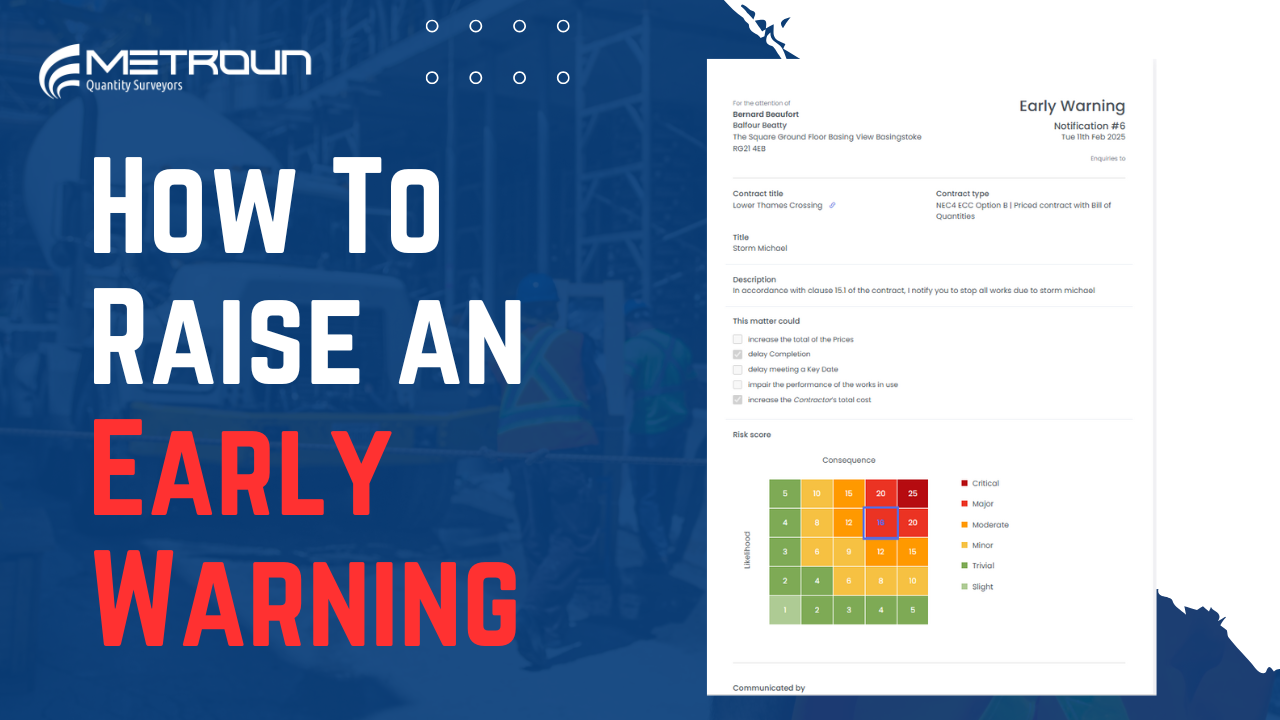Previously we have taken a look at how to become an Associate member of RICS. However, if you are slightly further along in your education and work experience, this level of membership may not satisfy your desire to take your career to the pinnacle of being a fully-fledged chartered member of RICS and the acclaim that comes with such status.

But, how exactly do you get the coveted MRICS letters after your name? Well, the initial requirements are very similar to those explained in our “how to become an associate member of RICS” video and blog in that you must meet the basic educational and/or work experience requirements first to enrol and then, certain Assessments of Professional Competence requirements must be met. To recap these are:
- Choosing your sector pathway however, for full membership you have to choose from a list of 22 rather than just 13.
- Find a RICS member that is willing to support and guide you through your application process.
- Pass the RICS online ethics exam.
- Submit a Case Study: 3,000 words on a recent project you have worked on that show your technical abilities and is no older than 24 months.
- Submit your CPD Record: 48 hours of CPD training must have been completed during the last 12 months.
- Submit a Summary of Experience: this must satisfy Mandatory competencies, 1,500-words, and technical competencies for your chosen sector pathway, 3,000 to 4,000-words.
Satisfying these requirements would be enough to achieve the Associate member status however, to reach the next level of a fully chartered member you need a little extra! If you want to become a Chartered Member of RICS then as well as the previous APC requirements listed, you must also obtain the following, relevant work experience:
- If you have up to 5 years work experience you would need 24 months of structured training.
- 5-10 years work experience requires 12 months.
- Over 10 years requires no structured training.
Once you have this under your belt, you will be pleased to know that there is only one more step. Finally, you must attend and pass a 60-minute assessment interview. This will consist of a 10-minute presentation by you on your case study to a panel of trained RICS assessors, followed by questions on your presentations and selected competencies. You are only able to apply for the interview after your counsellor certifies that in their opinion, you are ready and have reached the necessary level of competence.

The most common routes are as follows:
- Route 1 and the most popular route is graduation from a RICS accredited degree followed by completion of the full APC requirements listed previously.
- Route 2: If you have graduated from a non-RICS accredited degree, then people will need to undertake a post-graduate RICS accredited degree or master’s qualification before embarking on their APC.
- Route 3: If you are a professional with a degree and with at least five years’ relevant post-degree experience it is possible to achieve a chartered membership in 12 months through a fast-tracked version of the APC where only 12 months of structured training is required rather than 24 months.
- Route 4: Or, if you are younger and do not have any work experience or qualifications, RICS offer the Chartered Surveyors Training Trust (CSTT), an organisation that helps young people to become surveyors by offering apprenticeship schemes that count towards associate membership (AssocRICS). From here they can then embark on the full membership.










